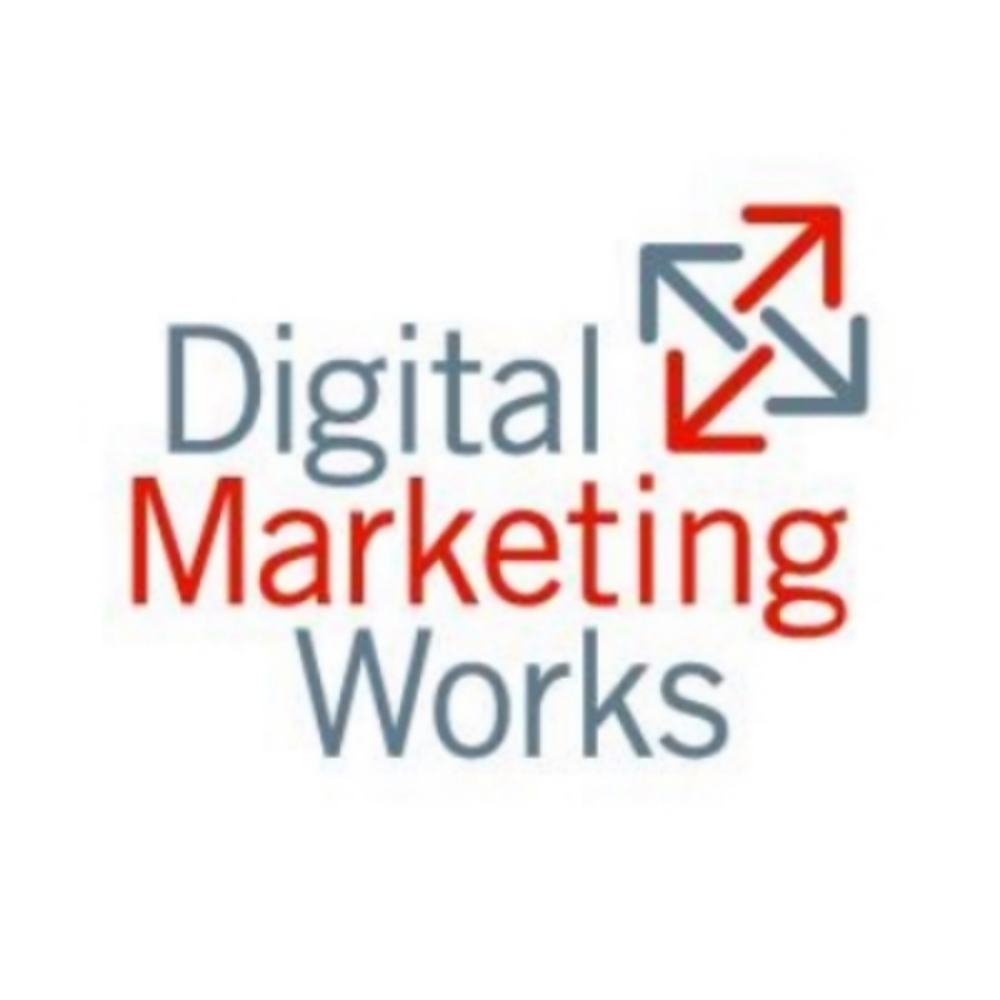Apple's iAds - What it Means for App Developers, Brand and Direct Marketers
/
Last week, while still basking in the after-glow of Duke's 4th national championship and nail-biting victory over Butler
Let's take a look at Apple's iAds strategy. Apple's mission is to make the iPhone OS the de-facto standard in mobile computing. In keeping with their past, and in direct contrast to Google, Apple is winning with a closed approach due to their ability to deliver superior user experiences for consumers and, as importantly, developers. iAds is consistent with these core principles.
iAds will not allow click offs to transactional websites. Clicking through on iAds will launch the advertiser content, which essentially takes the form of mini branded applications in their own right, featuring video, games, and other interactive content. By leveraging it's core competencies, strategy and Quattro acquisition, Apple appears to be catering primarily to brand marketers. The focus on emotion is very different than Google's approach which is centered on delivering simple solutions for quantitative focused, direct response advertisers. iAds also won't solve the App proliferation problem for developers or users. Hopefully Apple will now turn it's focus on building a better App search engine/directory coupled with direct response sponsored ads which would provide value to users, developers and direct response marketers. I still have many questions about iAds. Please help me answer the following questions by commenting below.
Let's take a look at Apple's iAds strategy. Apple's mission is to make the iPhone OS the de-facto standard in mobile computing. In keeping with their past, and in direct contrast to Google, Apple is winning with a closed approach due to their ability to deliver superior user experiences for consumers and, as importantly, developers. iAds is consistent with these core principles.
· By focusing the service on developer benefits, Apple will keep the apps flowing. Combine this with Apples's app approval process and Apple should continue drive comp advantage of their app platform which will keep users migrating to iPhone, iPad, etc.
· iAds allow app developers to have a revenue model for free apps and to keep paid app pricing down. Developers/publishers will get 60% of ad revenue, Apple 40%.
· Jobs believes iAds will deliver "engaging and emotive" experiences to users. His relentless focus on the iAd user experience fits with their overall design approach and superior user experience.
· iAds also take aims on Abode by pushing HTML5 over Flash for iAd development. This is consistent with Apples past decisions to block Flash on the iPod, iPhone and now iPad. Offering superior ad development tools, Apples hopes to diminish Abode's installed base asset.
· It's a closed ad system that locks out Google mobile ads delivered through Google's recently acquired mobile network, AdMob.
· iAds leverages the acquisition of Quattro whose core competency is around mobile display ads (qualitative), not quantitative ads tied to rich search or user data. The iAds announcement could have big implications for existing mobile advertising providers and networks such as AdMob and Millenial Media, which have built businesses on serving ads into iPhone applications.
iAds will not allow click offs to transactional websites. Clicking through on iAds will launch the advertiser content, which essentially takes the form of mini branded applications in their own right, featuring video, games, and other interactive content. By leveraging it's core competencies, strategy and Quattro acquisition, Apple appears to be catering primarily to brand marketers. The focus on emotion is very different than Google's approach which is centered on delivering simple solutions for quantitative focused, direct response advertisers. iAds also won't solve the App proliferation problem for developers or users. Hopefully Apple will now turn it's focus on building a better App search engine/directory coupled with direct response sponsored ads which would provide value to users, developers and direct response marketers. I still have many questions about iAds. Please help me answer the following questions by commenting below.
· Will iAds be able to host shopping carts and travel booking engines?
· Will ad serving, management, tracking and optimization tools work with iAds?
· Will digital marketers be able to “close the loop”?
· Should direct response advertisers test iAds or just "wait and see"?

